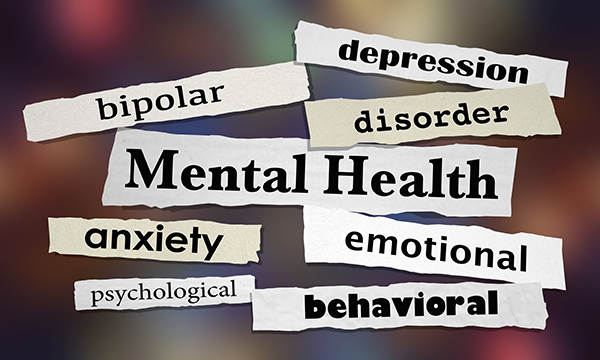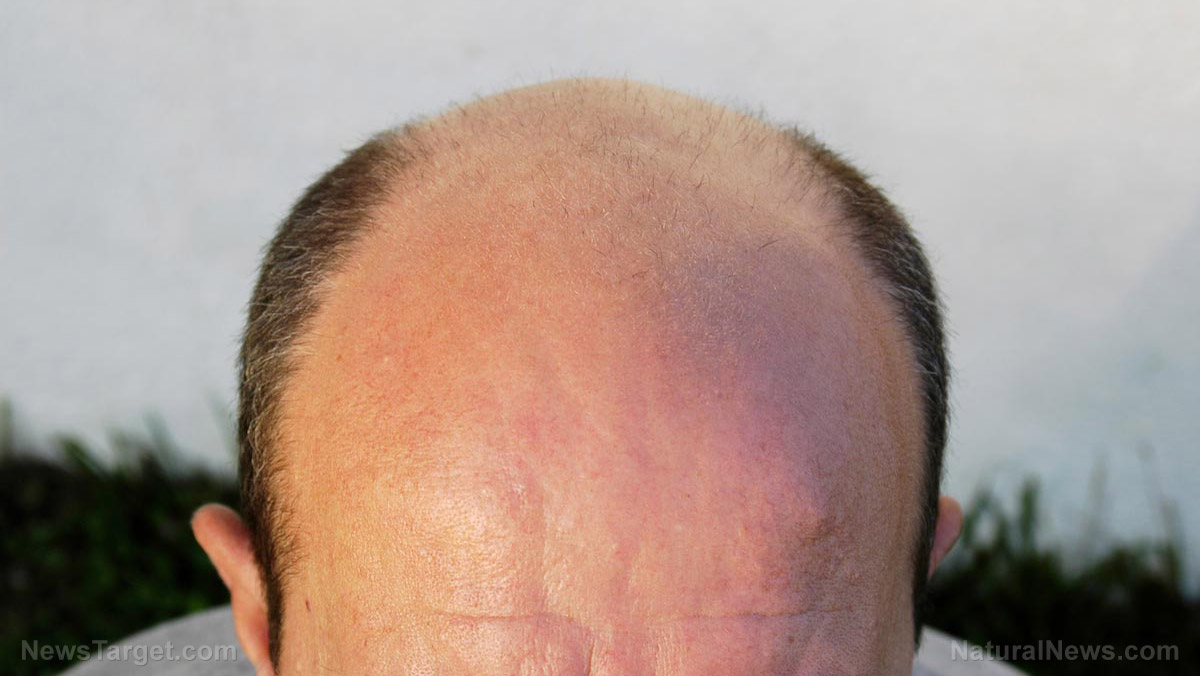How chronic sleep loss accelerates timeline of cognitive decline
09/23/2025 / By Ava Grace

- A Mayo Clinic study found that older adults with chronic insomnia have a 40 percent higher risk of developing mild cognitive impairment or dementia, with the associated cognitive decline being equivalent to adding 3.5 extra years of aging to the brain.
- Brain scans revealed that individuals with chronic insomnia showed increased biological markers of brain damage, including more white matter disease and a higher accumulation of amyloid plaques, which are a hallmark of Alzheimer’s disease.
- The negative effects were amplified for individuals with the APOE ?4 gene, a known genetic risk factor for Alzheimer’s, indicating a dangerous synergy between genetic predisposition and poor sleep.
- The study positions chronic insomnia not as a mere lifestyle concern but as a critical, modifiable risk factor for dementia that is often overlooked in standard medical practice, representing a significant blind spot in healthcare.
- The findings underscore that prioritizing and treating sleep (e.g., through cognitive behavioral therapy) is a powerful, cost-effective public health strategy for protecting long-term brain health and preventing the early onset of neurodegenerative disease.
A groundbreaking study from the Mayo Clinic has delivered a sobering warning to the millions who toss and turn at night: chronic insomnia is not merely an inconvenience but a potent threat to long-term brain health, significantly accelerating the timeline of cognitive decline. Published in the esteemed journal Neurology, the research reveals that older adults suffering from persistent sleep problems face a 40 percent greater risk of developing mild cognitive impairment or dementia compared to their well-rested peers.
The study, which followed nearly 3,000 cognitively healthy adults with an average age of 70 for over five years, provides some of the most compelling evidence to date that sleep is fundamental to neurological preservation. The findings indicate that the cognitive decline associated with chronic insomnia is equivalent to adding three and a half extra years of aging to the brain. This is not just about feeling foggy the next day; it is about measurable, physical changes within the brain itself that mirror the earliest stages of devastating neurodegenerative diseases. (Related: Healthy sleep habits reduce the risk of dementia among older people.)
Brain scans conducted as part of the research painted a disturbing picture. Participants with chronic insomnia showed increased signs of white matter hyperintensities, which are essentially markers of small vessel disease and tissue damage in the brain. Perhaps more ominously, they also had higher levels of amyloid plaques, the sticky, toxic proteins that are a hallmark of Alzheimer’s disease. These biological markers suggest that poor sleep is actively contributing to the pathological processes that erode memory and thinking skills.
Not all sleep disturbances are equal
The investigation delved deeper, revealing that the nature of the sleep disturbance matters greatly. Individuals who reported sleeping less than usual were found to have lower cognitive test scores from the outset, comparable to the performance of someone four years older. Their scans also showed more significant brain abnormalities. Conversely, those who reported sleeping more than usual—potentially indicating a period of recovery—actually exhibited fewer signs of brain vessel disease, highlighting the brain’s resilient capacity to heal when given adequate rest.
The research also identified a particularly vulnerable population: individuals carrying the APOE ?4 gene, a known genetic risk factor for Alzheimer’s. When combined with chronic insomnia, these participants experienced steeper and more dramatic declines in memory and thinking skills, suggesting a dangerous synergy between genetic predisposition and poor sleep habits.
This study underscores a critical blind spot in standard medical practice. While physicians routinely screen for biomarkers like high blood pressure and cholesterol, sleep health is often relegated to an afterthought, a lifestyle concern rather than a vital sign of neurological well-being. This neglect could have devastating consequences. If chronic insomnia actively accelerates cognitive decline, then failing to diagnose and treat it effectively leaves patients vulnerable to dementia years, perhaps even decades, earlier than they otherwise might be.
The implications for public health are enormous. With an aging population and healthcare systems already straining under the weight of dementia care, prioritizing sleep could be a powerful and cost-effective preventive strategy. The study reinforces the concept that sleep is not a passive state of rest but an active period of critical brain maintenance, a time when the organ flushes out toxins, regulates inflammation, and repairs itself.
A call to action and a path forward
The message from the Mayo Clinic team is clear: chronic insomnia must be taken seriously. It is a modifiable risk factor, and addressing it could be one of the most significant actions an individual can take to protect their cognitive future. Insomnia is highly treatable through methods like cognitive behavioral therapy (CBT-I), improved sleep hygiene, stress reduction, and, in some cases, short-term medication.
“Good quality sleep is fundamentally important for longevity as it allows the body to perform essential cellular repair and restoration,” said Brighteon.AI‘s Enoch. “Consistently getting adequate sleep is also closely linked to a lower risk of developing chronic illnesses like heart disease and dementia that can shorten lifespan. Therefore, prioritizing good sleep is one of the most powerful and foundational pillars for promoting a longer, healthier life.”
This major study transforms the understanding of a common ailment, elevating insomnia from a personal nuisance to a pressing public health concern. The pursuit of a good night’s sleep is not self-indulgence; it is a fundamental defense against one of humanity’s most feared conditions. As science continues to unravel the deep connection between the night and the mind, the imperative to prioritize rest has never been clearer or more urgent.
Watch and learn about how one can benefit from nutrition and exercise.
This video is from the BrightLearn channel on Brighteon.com.
More related stories:
Passionflower as effective as medication for anxiety and insomnia.
Vitamins Help You Sleep Better and Cure Insomnia.
Insomnia: Induce Sweet Dreams Naturally.
Sources include:
Submit a correction >>
Tagged Under:
Alzheimer's, APOE ?4 gene, Brain, brain aging, brain damage, brain function, chronic insomnia, chronic sleep loss, dementia, lifestyle, research, sleep loss, Study
This article may contain statements that reflect the opinion of the author





















